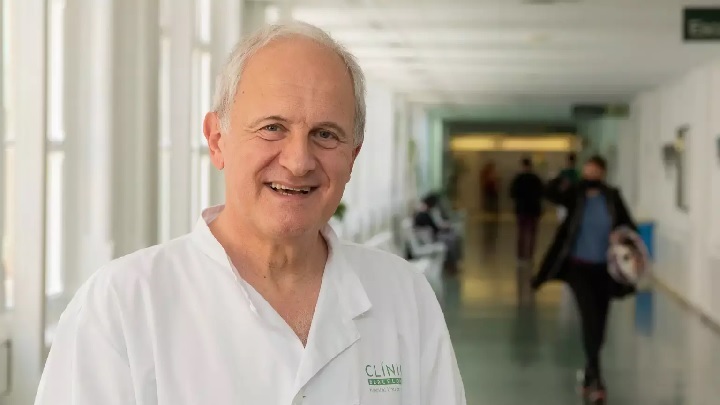Researchers develop a tool to determine liver disease risks

An international study published in the journal The Lancet presents an index to determine the risk of developing cirrhosis or other severe liver diseases in the general population. Using a combination of eight variables, this innovative biomedical tool allows the early diagnosis of these diseases, and therefore the option to start treatments that slow their progression and implement changes in the lifestyle of those at risk.

An international study published in the journal The Lancet presents an index to determine the risk of developing cirrhosis or other severe liver diseases in the general population. Using a combination of eight variables, this innovative biomedical tool allows the early diagnosis of these diseases, and therefore the option to start treatments that slow their progression and implement changes in the lifestyle of those at risk.
The study was developed as part of the European project LiverScreen, coordinated by Professor Pere Ginès, member of the Faculty of Medicine and Health Sciences of the University of Barcelona, consultant of the Hepathology Service of Hospital Clínic, head of the group on Chronic Liver Diseases: Molecular Mechanisms and Clinical Consequences at IDIBAPS and group leader at the Liver and Digestive Diseases Networking Biomedical Research Centre (CIBEREHD).
“Cirrhosis is a disease that develops very slowly and does not show symptoms, so very often, when it is diagnosed, it is at a very advanced stage and the possibilities for treatment are very limited”, says Professor Pere Ginès. “Being able to identify early those people that are at risk of suffering from progressive fibrosis in the liver would make it possible to make changes in people’s lifestyles or to carry out treatments to prevent the development of cirrhosis”.
